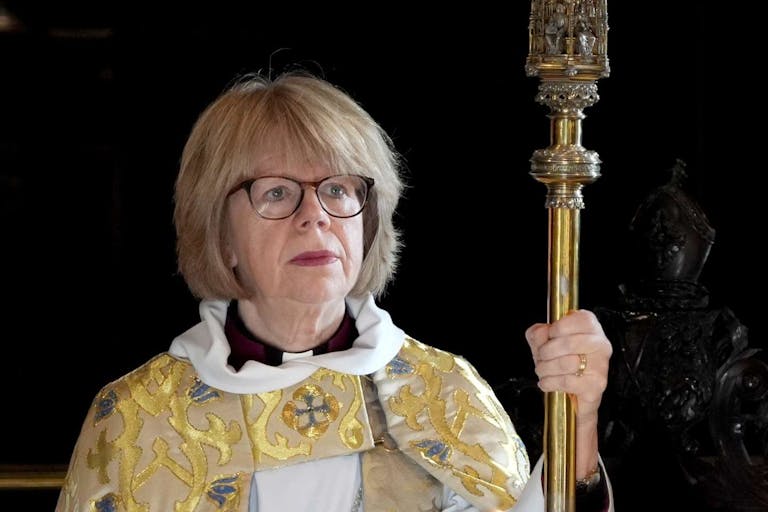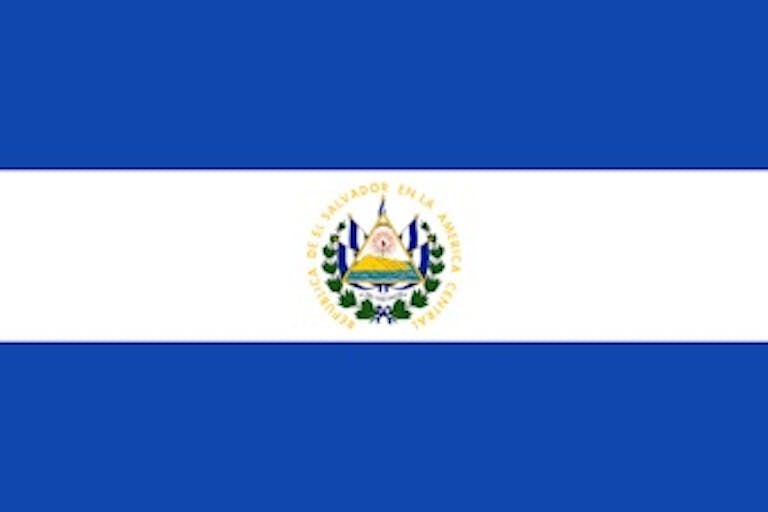
New Archbishop of Canterbury warns of danger in legalizing assisted suicide
Nancy Flanders
·
El Salvador woman undergoes caesarean section after abortion request
The Supreme Court of El Salvador ruled in a four-to-one decision to deny a woman’s request to abort her baby with an incomplete brain. “Beatriz,” the woman who uses this name to protect her identity as well as the identities of her medical staff, was diagnosed with kidney failure and lupus.
Beatriz was 26 weeks pregnant with a baby who had been diagnosed with an abnormality called anencephaly, which causes part of the brain not to develop. Because of the abnormality, the baby was not expected to live more than a few days once the baby was born.
In their ruling on Wednesday, May 29, the judges wrote, “This court determines that the rights of the mother cannot take precedence over those of the unborn child or vice versa, and that there is an absolute bar to authorizing an abortion as contrary to the constitutional protection accorded to human persons ‘from the moment of conception.'”
Even after all of this pressure from pro-abortion groups around the world, the church and the state of El Salvador continue to stand against the act of abortion. “This case should not be used to legislate against human life, especially against the unborn,” the Episcopal Conference said.
Morena Herrera, director of a campaign group which has supported Beatriz’s case, said the judges’ ruling was “irresponsible.” She argued that the judges had failed to consider the delicate state of health of the fetus, which she said would have no chance of surviving after birth. “The only life we can save here is that of Beatriz,” Herrera said.
Herrera’s statement fails to consider a major factor of this case: a life is a life no matter how “delicate the state of health of the fetus.” Even though this unborn baby had little to no chance of surviving more than three days, a life should never be valued by how much it has to offer the world or how long it will last. The option of whether or not a life should be kept alive should never be weighed by the amount of wealth or goodness it can bring to society. For instance, think of a handicapped child – a child with cerebral palsy or Down syndrome, one who cannot live apart from a helper, a child who is fully dependent on another person to survive.
In an interview with the Observer last month, Beatriz asked for international help. “I’m not seriously ill, but I feel bad, because I get really tired and I’m short of breath … I’d like them to interrupt the pregnancy now,” she said. “I’d like people to respect my decision. I want to tell them I’d feel better if I was allowed to have an interruption.”
It is quite interesting that Beatriz refers to an abortion as an “interruption,” while in fact, what she calls an “interruption” is actually a terminated pregnancy. If this pregnancy was to be ended, Beatriz’s doctors could face up to 30 years in prison for “aggravated homicide.”
She had also recorded a video plea to the president. The health ministry has backed her appeal, along with the United Nations, the Inter-American Commission on Human Rights, and pro-choice groups.
But the controversial issue in this story boils down to one final truth: Beatriz was not being refused “medical help”; she was simply being refused an abortion. An abortion would not cure her of lupus, or kidney failure, either. An abortion wouldn’t promise her a longer life; it promises only the death of her child.
However a Caesarean section became the solution – a solution which, unlike abortion, strives to protect the lives of both the mother and the child. On June 3, Beatriz’s doctors were informed that they could perform a Caesarean, as to remove the baby safely, avoiding abortion. But because of the baby’s anencephalic condition, the baby did not survive. Regardless of whether or not the baby was viable, the baby was still delivered; there is quite a weighty difference between intentionally ending a life by means of abortion and attempting to preserve the life and deliver the baby early.
Removing the laws against abortion would be a violation of the Constitution of El Salvador, which protects every person’s right to life, liberty, security of person, and social justice. You can’t have these natural rights if doctors are allowed to kill babies as part of their practice. Due to these life-saving laws in El Salvador, both the mother and the child had a chance at life — without ever having to perform an abortion. Even though the child died, the C-section was a decision that honored and respected life, and did not harm the baby, like an abortion.
Live Action News is pro-life news and commentary from a pro-life perspective.
Contact editor@liveaction.org for questions, corrections, or if you are seeking permission to reprint any Live Action News content.
Guest Articles: To submit a guest article to Live Action News, email editor@liveaction.org with an attached Word document of 800-1000 words. Please also attach any photos relevant to your submission if applicable. If your submission is accepted for publication, you will be notified within three weeks. Guest articles are not compensated (see our Open License Agreement). Thank you for your interest in Live Action News!

Nancy Flanders
·
Politics
Nancy Flanders
·
Politics
Rebecca Oas, Ph.D.
·
Abortion Pill
Angeline Tan
·
International
Bridget Sielicki
·
International
Angeline Tan
·
Media
Lily Smith
·
Human Rights
Lily Smith
·
Human Rights
Lily Smith
·
Opinion
Lily Smith
·
Human Rights
Lily Smith
·